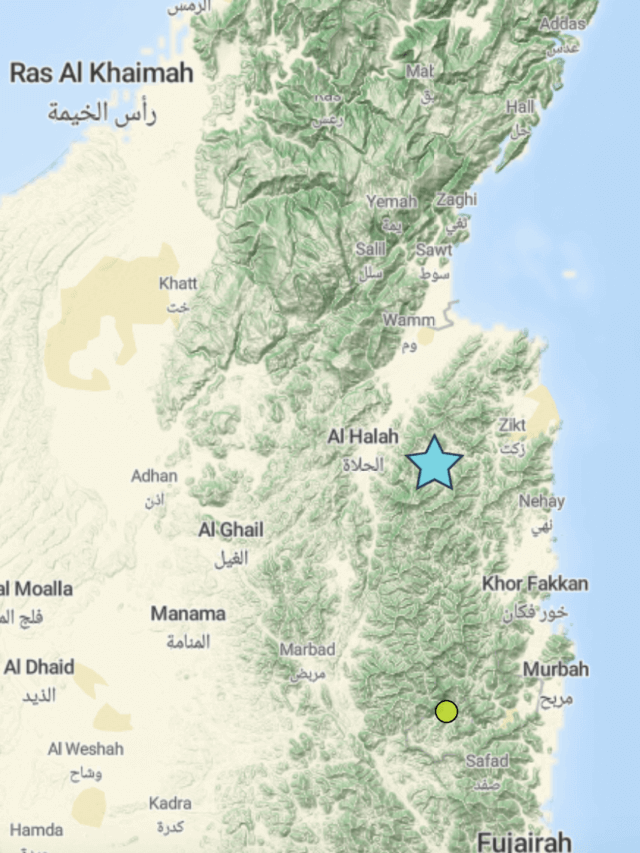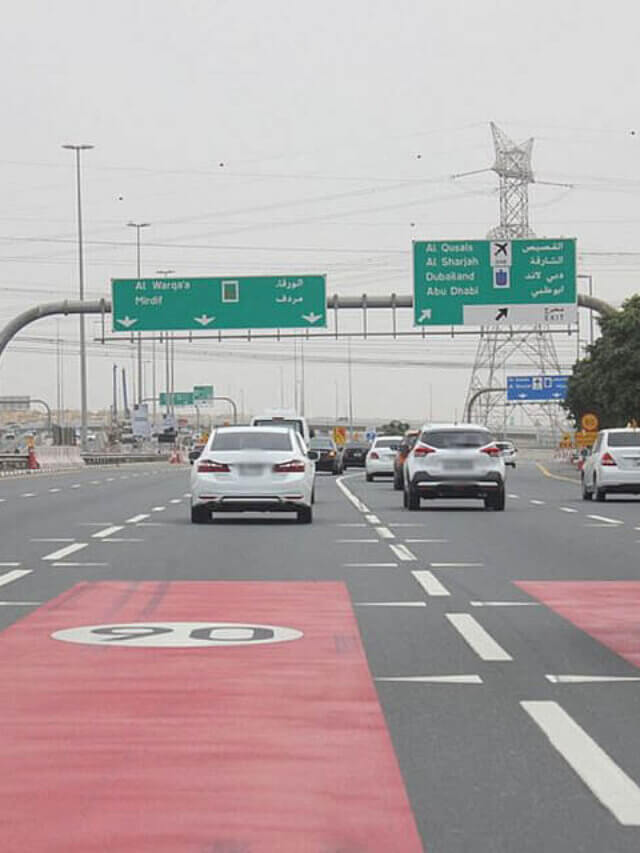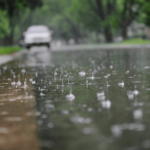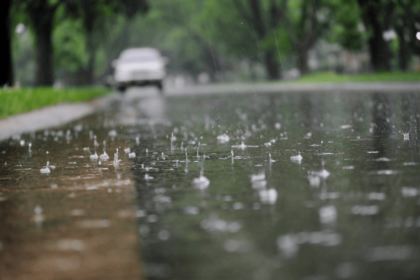As the UAE experiences its most extreme weather event, the country’s crisis management body has issued an appeal to all workers, whether in the public or private sector, to stay home and avoid going into the office. The National Emergency, Crisis, and Disaster Management Authority (NCEMA) supports the idea of allowing employees to work remotely if their presence is necessary to their job or if they are helping with recovery operations.
This is only a suggestion, though, and the decision is ultimately up to the appropriate officials.
Following the April 16 storm, officials are carefully examining how this type of weather impacts certain regions nationwide.
The United Arab Emirates (UAE) will reportedly block all highways that go near floodplains, valleys, and dams. The sea, as well as mountain and desert regions, are off-limits to residents for the next several days.
The United Arab Emirates has already increased its “alert level” and “readiness” in preparation for the bad weather.
In a recent statement, the NCEMA underlined the importance of citizens following the rules and regulations set forth by the relevant authorities.
Schools around the nation should implement remote learning, according to the authorities. But it has given decision-making to regional emergency management groups. The cities of Sharjah and Dubai have previously stated that all schools would be offering remote learning from May 2-3.
















